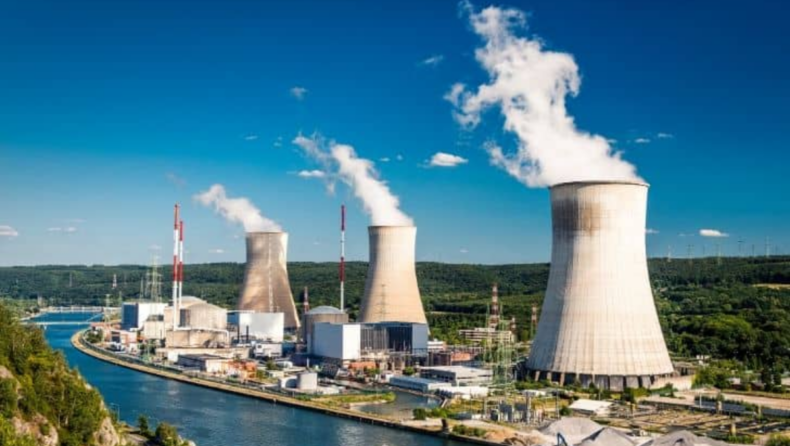In spite of having a price tag of $2.3 billion and having the potential to provide energy security during the oil crisis of the 1970s, the Bataan Nuclear Power Plant (BNPP) in the Philippines has not produced any electricity since it was completed in 1984.
Despite its $2.3 billion price tag and promise of energy security during the 1970s oil crisis, the Bataan Nuclear Power Plant (BNPP) in the Philippines has not produced power since it was completed in 1984.
Approved by previous dictator Ferdinand Marcos Sr., his son and current President Ferdinand Marcos Jr. has reopened discussions on options to rehabilitate the site during the current energy crisis, which has pushed costs for traditional power-generating fuels coal and natural gas to all-time highs.
Expansion of countries’ interests in nuclear power
The prospective reactivation of the BNPP is indicative of the revived interest in nuclear power. Governments in Europe and Asia are expanding their fleets of old nuclear power facilities, restarting reactors, and reviving plans to recommence projects suspended after the 2011 nuclear accident in Fukushima, Japan.
Both the administration of U.S. President Joe Biden and the International Energy Agency have stated that nuclear power is essential for countries to meet global net-zero carbon emissions goals and ensure energy security, as fossil fuel prices have skyrocketed since February, when Russia cut natural gas supplies to Europe in response to the Ukraine conflict.
Rebirth of nuclear power
As a result, nuclear power may be on the verge of a rebirth of the golden age observed during the oil crisis of the 1970s, which spurred a flurry of projects, despite opposition from governments and non-governmental organizations, financial challenges, and safety concerns.

In the Philippines, Japan, and South Korea, newly elected governments are moving forward with plans to restart reactors and build additional facilities in order to alleviate electricity shortages. These politicians are empowered by shifting public sentiment as a result of high energy prices and the need to limit emissions. Additionally, Vietnam may reconsider two projects that were shelved in 2016 due to security concerns and financial restrictions.
In Europe, the United Kingdom approved its second new nuclear plant in twenty years in July. Ongoing funding discussions for the Sizewell C project are anticipated to result in a final investment decision in 2024.
Asia and its nuclear power development
According to industry experts, Asia will drive the development of new reactors as the world’s manufacturing hubs seek baseload electricity to complement renewables and replace fossil fuels.
The IEA stated last month that the global nuclear capacity must double by 2050 in order to meet net-zero goals, in order to power electric vehicles and produce non-fossil fuels such as hydrogen and ammonia to reduce emissions from heavy industry.
Read more: Germany Argues for Nuclear Shutdown Amid Gas Shortage and Supply Worries













